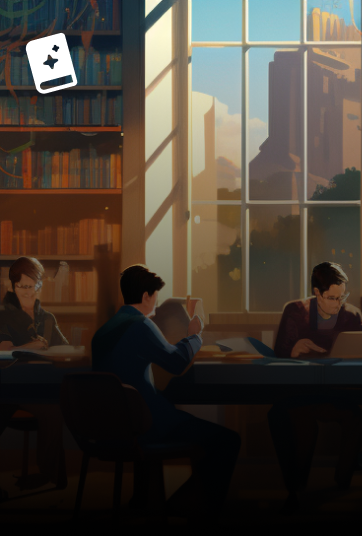
Speaks the Nightbird

Speaks the Nightbird
Speaks the Nightbird
Ratings3
Average rating4.8
StN is a long, atmospheric historical fiction, mystery, novel. So many of the details that initially seem just part of that atmosphere contribute to the conclusion. You are never going to know what all matters or what detail will become significant.
Not recommended for people who want a fast pace or constant action. This story takes its time, lingers on details, contains long conversations.
Matthew and the magistrate, who is a father figure to Matthew, travel to the settlement of Fount Royal, the brain child of a man named Bidwell. The town is faltering due to the belief that one of the residents is a witch. Hence, the need for a magistrate.
Although McCammon writes horror, there is no real belief created in the reader that Rachel is a witch, nor is there meant to be. This detail works more on the level of hysteria, human bias and stupidity, and circumstantial evidence. To some extent, this is funny. To paraphrase any number of exchanges.
“So, magistrate, when will we get to burn the witch?”
“The accused needs to be tried.”
“Right, sure. We have to try her before we burn her – we believe in the law – but when do you think we can get to the burning part?”
And, unsurprisingly, anything that seems like evidence against her being a witch is written off as the devil being cunning.
But the book is about more than that. It's about Matthew coming of age and separating from his father figure as he definitively becomes a man in his own right. It's also about appearances being deceiving. Beyond an innocent woman being accused of doing the naughtiness with Satan, we have Matthew step into at least 3 homes that are not what they appear from the outside. We have multiple characters who are not what they seem. We have assumptions that prove to be false.
We also have this little ear worm:
Come out, come out, my dames and dandies. Come out, come out, and taste my candies.
I'm giving StN 5 stars because, after reading 800+ pages, I found myself not wanting to leave. A sense of melancholia set in at the last 10% because I knew the story was wrapping up, and I knew there would be some sadness both in the story and in me as a reader.